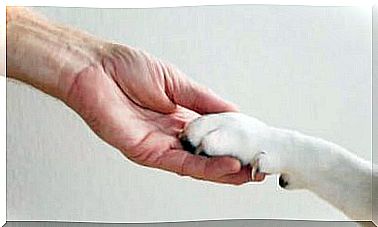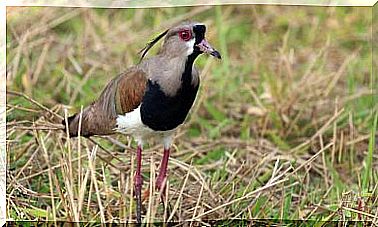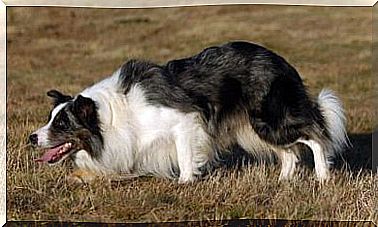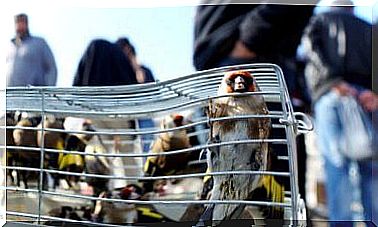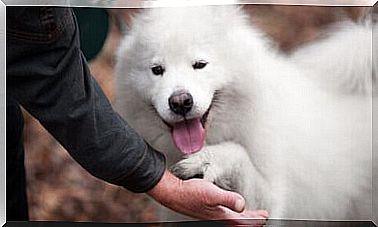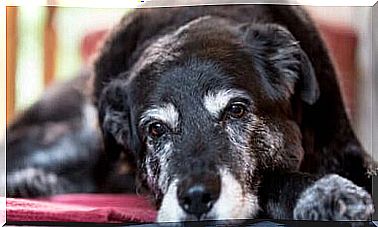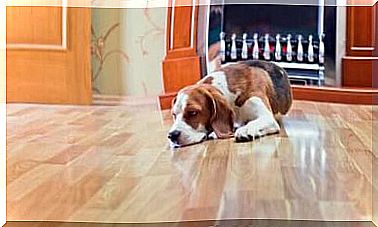6 Things You Need To Know About Small Dogs

More and more families, made up of two or one person, decide to adopt small dogs. This is because they live in small apartments. Small breeds are the most popular in the world. If you want to adopt a dog of size XS, read this article.
Living with small dogs
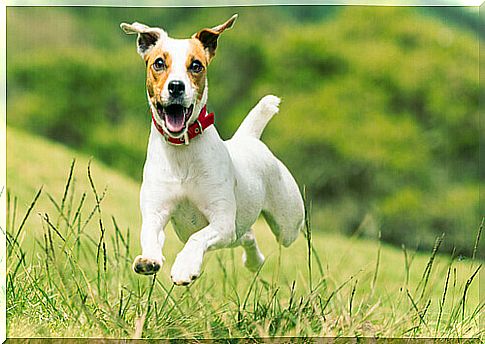
Why are there so few large dogs walking with their owners in the city? Maybe they all live in the countryside. Small dogs, on the other hand, with a weight ranging from 3 to 10 kg, live mostly in metropolises. Because? Because they don’t need large spaces to live.
Before adopting a dog, of any size, some considerations must be made. For example, the size of the house, if you already have other dogs, or if you have small children. Also, you need to know how much time you can devote to it.
Here are some advantages of having small dogs: they can be transported easily, they adapt to small spaces, they involve less expenses for feeding and for the objects they need, (for example the kennel). As for the disadvantages, here are several: they are vulnerable when they are born, difficult to train, expensive to buy, hyperactive and loud.
The most popular small breeds are: Pomeranian, Chihuahua, Boston Terrier, Parson Russell Terrier, Maltese, Shih Tzu, Bichon à poil frisé, Dachshund, Pekingese, Pug, Toy Poodle, French Bulldog, Yorkshire, Pražský krysařík, (or Prague Ratter in English) and the Scottish terrier.
How to take care of small dogs
Take the following precautions:
1. Changes in temperature
They are usually very weak and vulnerable during sudden changes in temperature, because they have little fat under the skin. Small breeds are more likely to suffer from hypothermia. It is not recommended that they stay outdoors a lot in winter, and even indoors they must have protection.
2. Trim his nails
In addition to bathing them, brushing them and cleaning their eyes and ears, trimming their nails is very important, especially if the dog is small. Most of these animals do not spend much time outside the home, and for this reason they do not have the possibility to “file” their nails (even if they scrape the carpet or the sofa). Excessively long ones could cause problems while walking or injure them.
3. Nutrition and calories
While it’s true that small dogs eat less than large dogs, they need more calories and eat more often. This is because small dogs have a metabolism that causes them to use up energy more quickly. They need food suited to their size and characteristics, such as the length of their teeth.
4. Dentition
Mini dogs suffer more than others from dental problems. Their mouth (especially that of the Pug or Pekingese) is more delicate, and their teeth deteriorate more quickly. Brushing them is essential for maintaining good oral hygiene, as well as annual vet check-ups and proper nutrition.
5. Heart
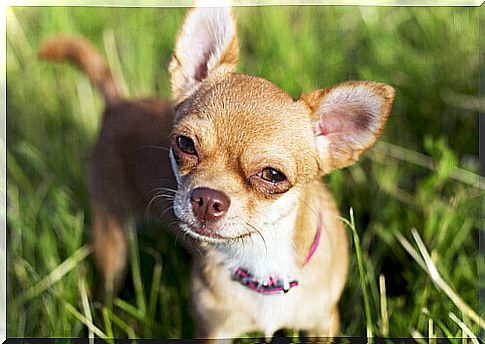
60% of small dogs suffer from heart problems (mostly heart valve related diseases). From 10 years of age, this organ begins to fail and does not pump enough blood. If they breathe heavily or get tired immediately during their daily activities, it is recommended that you take them to the vet for detailed examinations.
6. Bark and activity
Owners of small dogs claim that they are very active and noisy animals. Some argue that they are “moody” and unbearable, but it all depends on the entertainment and teachings given from an early age. In the event that your dog is often indoors, set up your home so that the little one is comfortable and does not bark annoying the neighbors.
